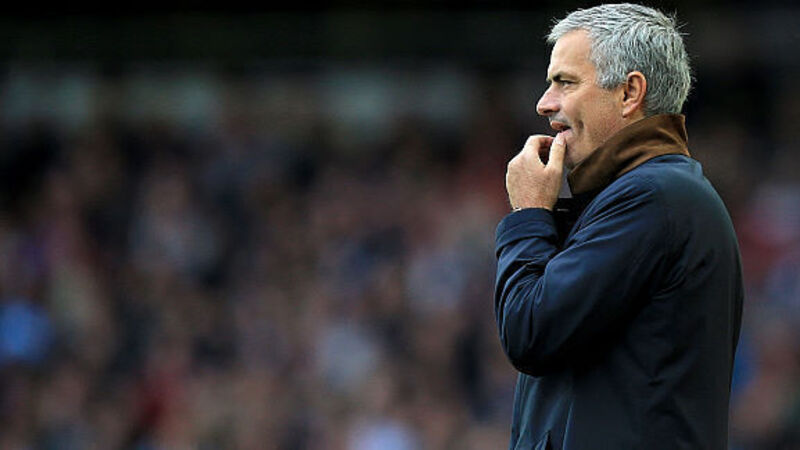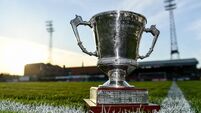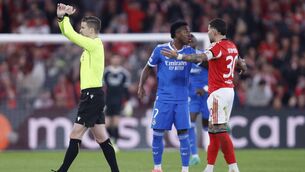VIDEO: Jose Mourinho's second sitting for the last supper at Chelsea

They say that you should never return to the scene of previous triumphs. Didn’t work for Kenny Dalglish, Kevin Keegan proved the rule, Howard Kendall regretted his return to Goodison Park and the reunion between Terry Venables and Crystal Palace ended with the club in administration.
For a short while it seemed that the second coming of Jose Mourinho — the self-styled “Happy One” when he came back to Stamford Bridge in the summer of 2013 — would smash one of the oldest clichés in sport.











